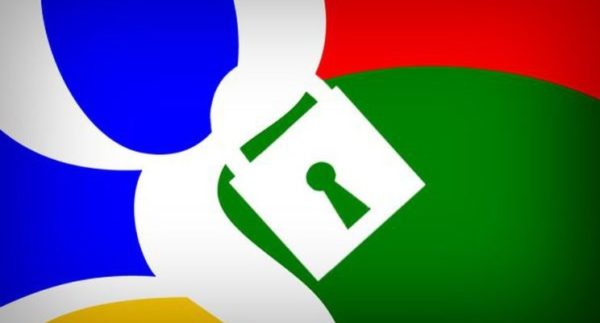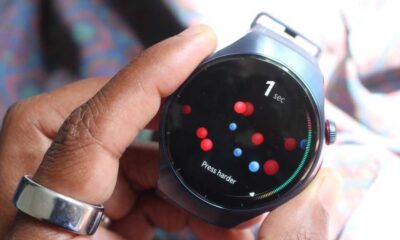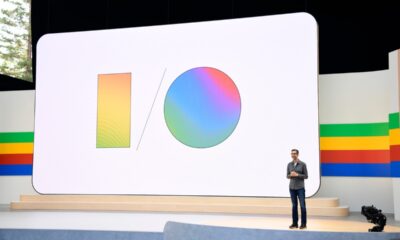Tech News
Google Launches Passkeys Sync With Google Password Manager

With the latest update, Google now allows users to sync their Passkeys using the Google Password Manager for quick access. This move by Google aims to make it easier for users to access and use Passkeys across various devices.
Users Can Now Sync Google Passkeys With Password Manager
According to a recent blog post, Google has introduced a feature that enables users to sync Passkeys across all their devices, including desktops.
In 2023, Google initially introduced support for Passkeys, offering users a passwordless login feature. However, this feature had limited accessibility as users could only save Passkeys to Google Password Manager on Android devices. Using Passkeys on other devices required scanning QR codes with their Android devices. Google has now expanded the availability of this feature.
Chirag Desai, Product Manager at Google Chrome, mentioned that users can now save Passkeys on devices such as Windows, Mac, and Linux systems. These saved Passkeys will automatically sync across all devices, providing users with a seamless experience.
While the cloud sync feature improves accessibility, it also raises concerns about unauthorized access. To address this, Google has introduced a security measure called the Google Password Manager PIN. This PIN adds end-to-end encryption to Passkeys, enhancing security and protecting them from third-party access, including Google.
The PIN is a six-digit code that safeguards access to Passkeys. Users have the option to set up a longer, alphanumeric PIN for added security. By clicking on the “PIN options” button, users can explore additional security options.
Users can easily create and use the PIN when accessing Passkeys. They will be required to enter the PIN the first time they use Passkeys on a device. Android users, however, have the option to access Passkeys using their screen lock instead of the PIN.
Share your thoughts in the comments section below.
-

 Destination8 months ago
Destination8 months agoSingapore Airlines CEO set to join board of Air India, BA News, BA
-

 Breaking News10 months ago
Breaking News10 months agoCroatia to reintroduce compulsory military draft as regional tensions soar
-

 Gadgets3 months ago
Gadgets3 months agoSupernatural Season 16 Revival News, Cast, Plot and Release Date
-

 Tech News12 months ago
Tech News12 months agoBangladeshi police agents accused of selling citizens’ personal information on Telegram
-

 Productivity11 months ago
Productivity11 months agoHow Your Contact Center Can Become A Customer Engagement Center
-

 Gadgets3 weeks ago
Gadgets3 weeks agoFallout Season 2 Potential Release Date, Cast, Plot and News
-

 Breaking News10 months ago
Breaking News10 months agoBangladesh crisis: Refaat Ahmed sworn in as Bangladesh’s new chief justice
-

 Toys12 months ago
Toys12 months ago15 of the Best Trike & Tricycles Mums Recommend



















